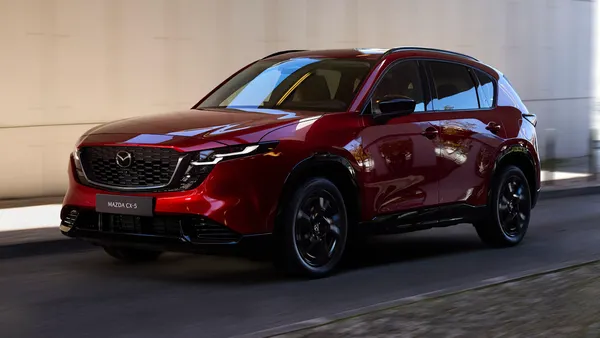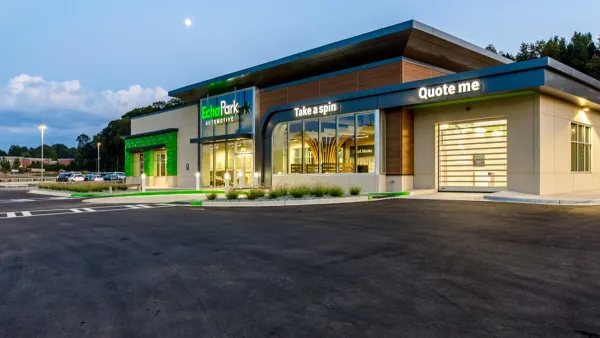Editor's note: This story is part of the WardsAuto digital archive, which may include content that was first published in print, or in different web layouts.
The dealership world seems divided these days between the high fivers and the mad-as-hellers.
You know which one you are, so I won't waste ink telling you where I'd guess you'd be, but if I did, your particular franchise brand would not be the beginning and end of my reason.
In the world of dealer profits, there are as many losers who waste the profits from fat franchises as those who never earn that money in the first place.
The difference is more about the quality of the secondary products and services than whether consumers like Toyotas more than Fords.
That's right, your success is as likely defined by your ability to make money independently of your brand as because of it.
Tightening your grip on the cost of taking products to market is how you (or someone you know) will make it in this new age.
Today's smart dealers make decisions based on margin and the time it takes to turn assets into cash flow. The intelligence required to achieve cost-up thinking comes from partnering with vendors who understand that dealer profitability is their prime asset.
Only by aligning with partners who want you to make money as much as they do, can you gain control of that ship you call a dealership.
Smart vendors are more likely to come up with solutions that put intelligence and control back in the hand that writes their checks. Vendors who don't know their dealers are likely to drain them.
Want to test this theory? Call one of your vendors and tell them that your volume and margin have eroded and that you need help to pull through.
See if they offer more service, training, product changes and a discount. If they do, you've got a partner.
Your vendors need to be in the same battle for profitability that you are in. If they “get it,” you — and they — will succeed. Take, for example, the information on which you depend to buy inventory.
Do you base it on allocation and past sales volume in units, or on buying only those models that will arrive in the month they will sell and then only when they replace vehicles which, economically and by physical description, match high-gross margin opportunities?
If your dealership information technology vendor gives you data like that, they are a partner that has you covered. If they don't, they are either ignorant of what business we're in or they are in bed with the enemy. The enemy is cost.
How about your extended warranty company? When you invest in reconditioning your used cars, thereby reducing the cost of breakdowns that would hit those warranties, do you share in the extra profit? If you do, smile, you've got a partner.
When you review your payables do you finish with a smile or with a list of companies whose place in your life you need to figure out? These concepts are critical to profitability.
Many dealers face auto makers who won't sell them fairly and employees who leverage how hard it is to find staff in our industry. Add to this one-two punch the knockout hit of poor information, and you know what it is to be a dealer alone.
The first step to salvation is knowing who and what you really need in terms of models, marketing and manpower that combine to produce a gross profit. Does such knowledge exist in your store?
Ours is a complex business that teeters on these dynamics. Yet most of us still go to battle with little more than a gut feeling.
Millions of dollars of revenue pass through our hands, with only a few cents on the dollar of potential profit. Most new-car sales produce only 8% gross margin, yet support a 20% sales commission, 15% management cost and 15% marketing cost.
And that's before floor planning, insurance and rent. In most stores, netting a few hundred dollars is a Herculean task.
There is a way to beat these odds, and make a profit through all this. Going it alone is a bad bet. Dealers who have real partners are the survivors in a tough world.
Peter Brandow is a veteran dealer with stores in Pennsylvania and New Jersey.









